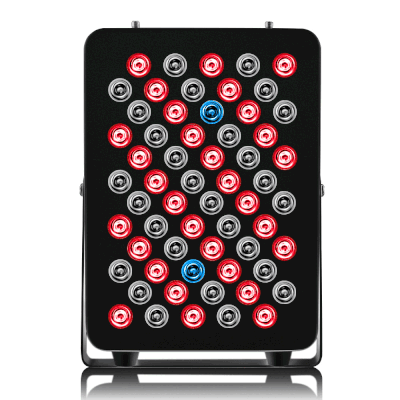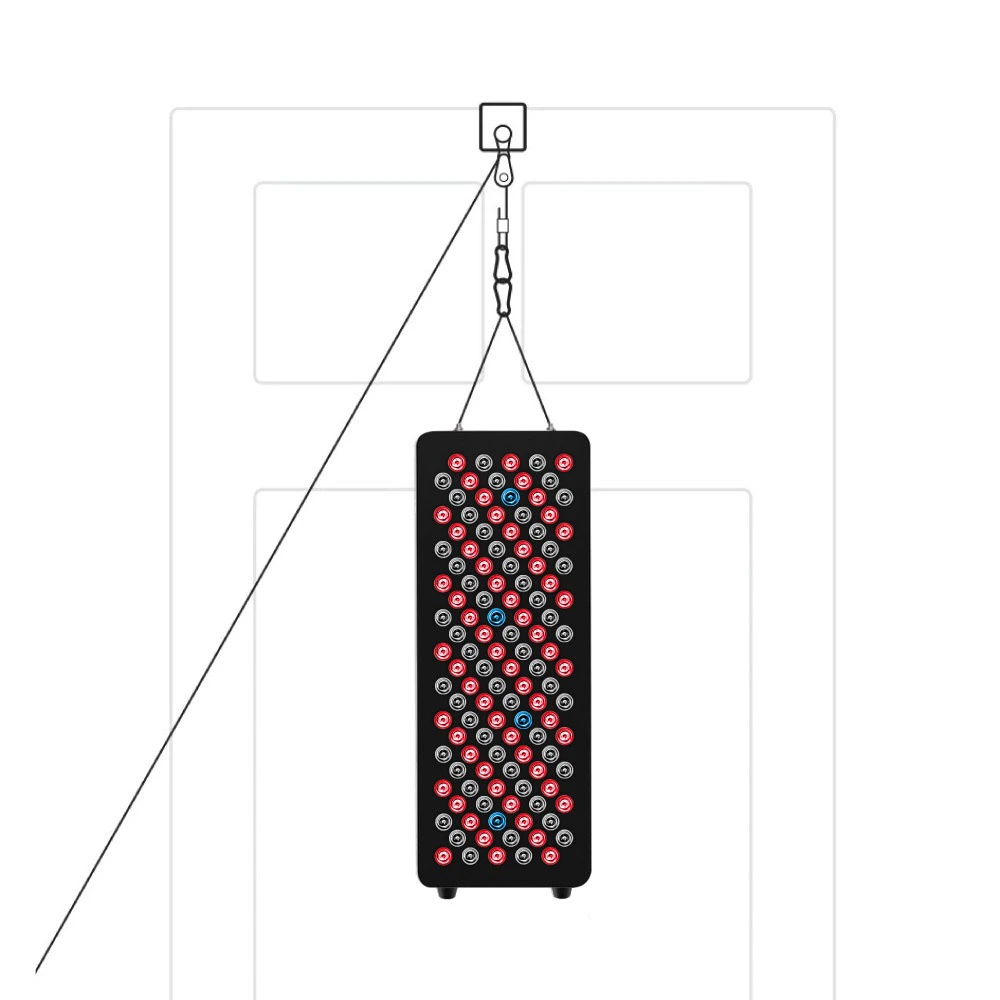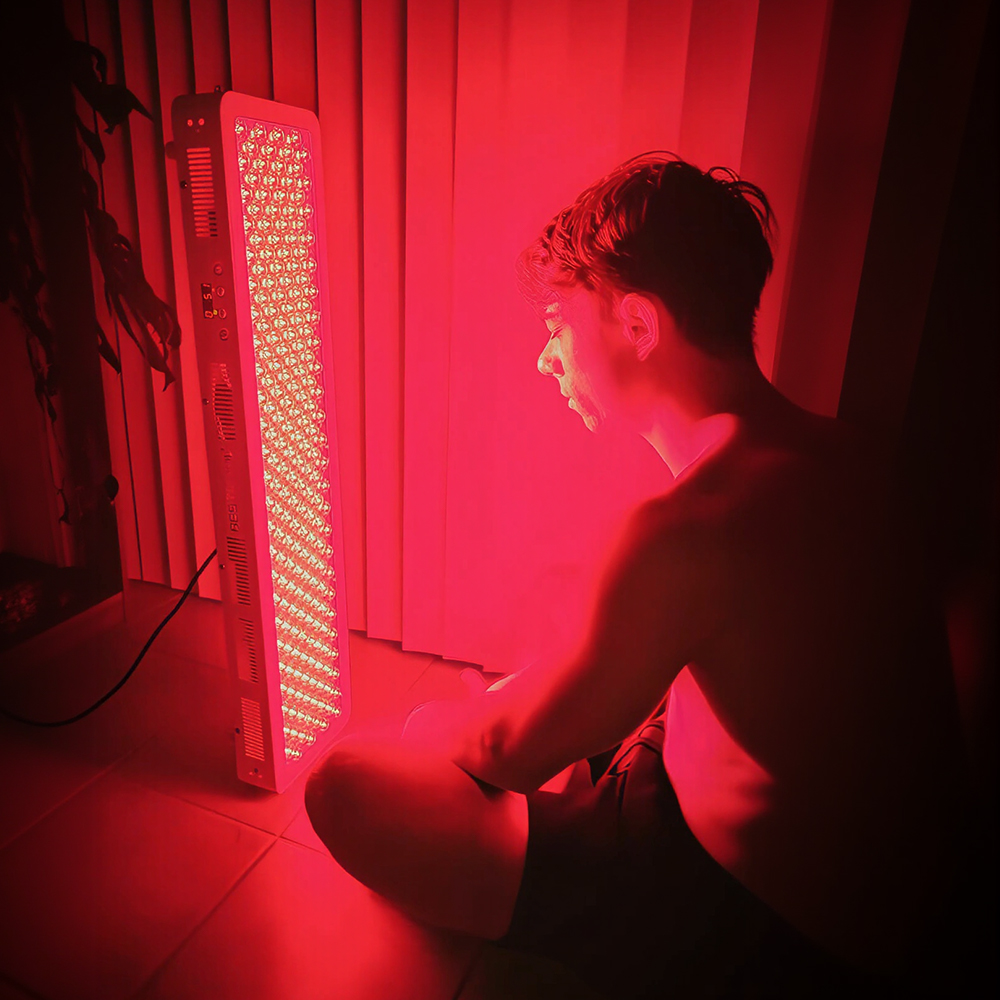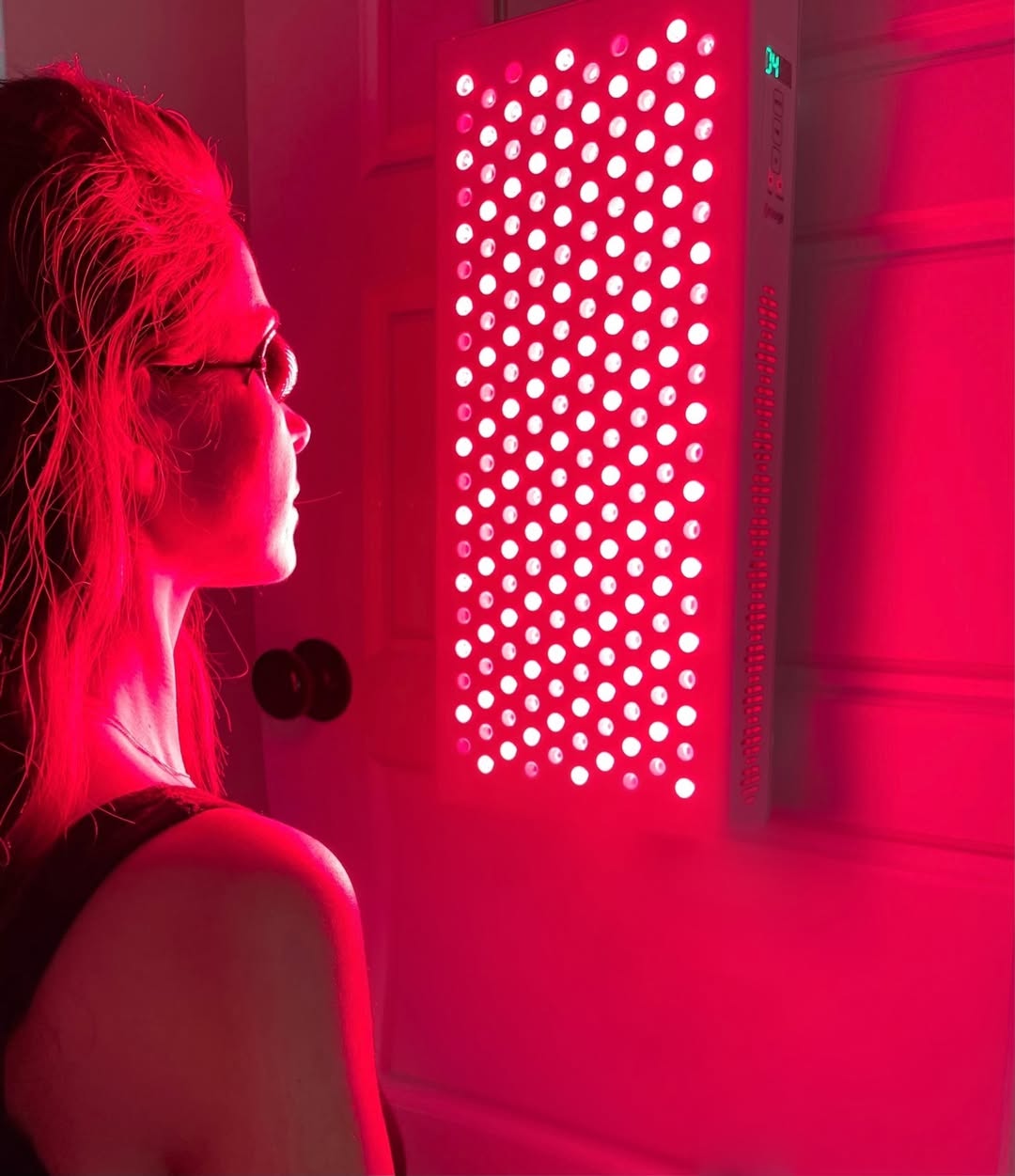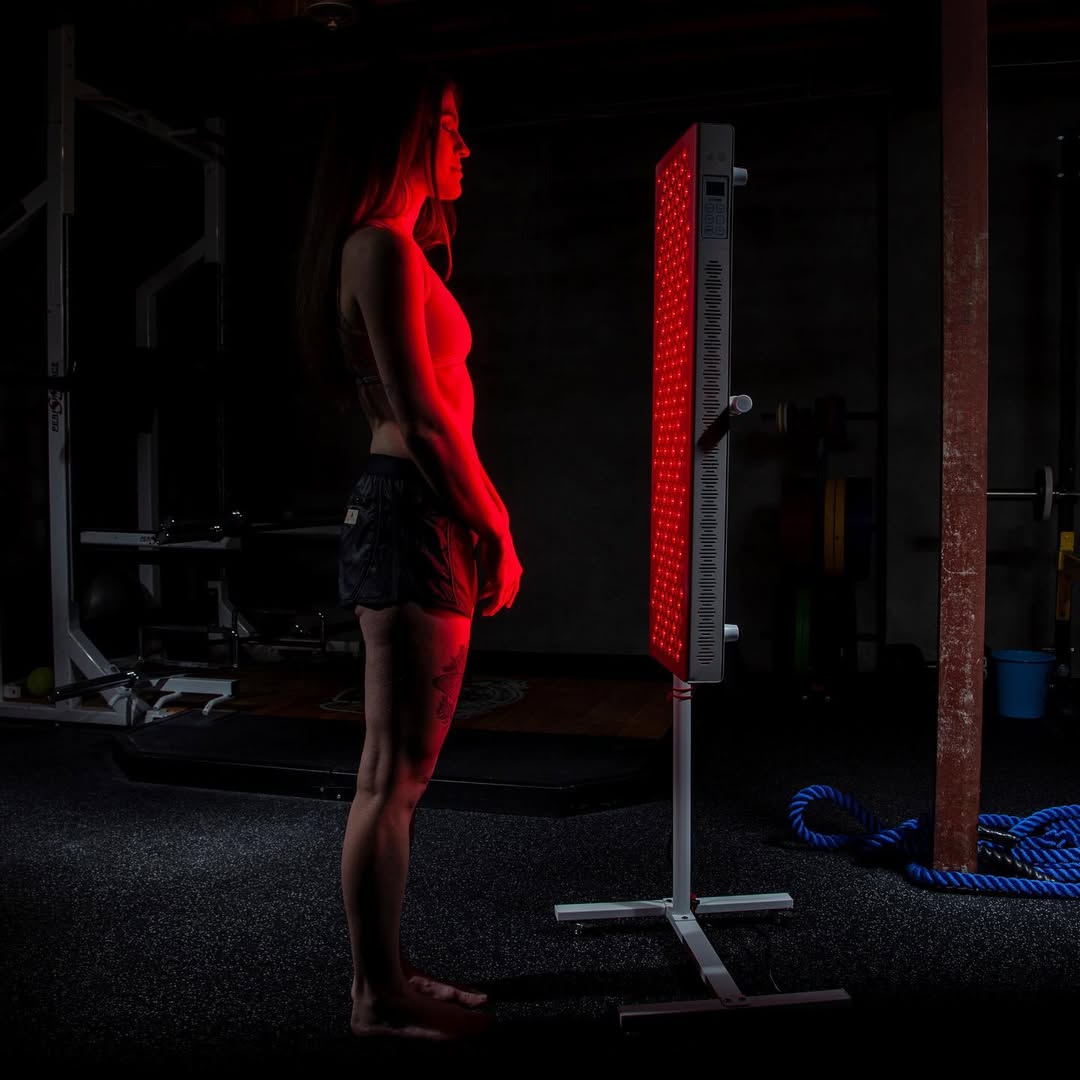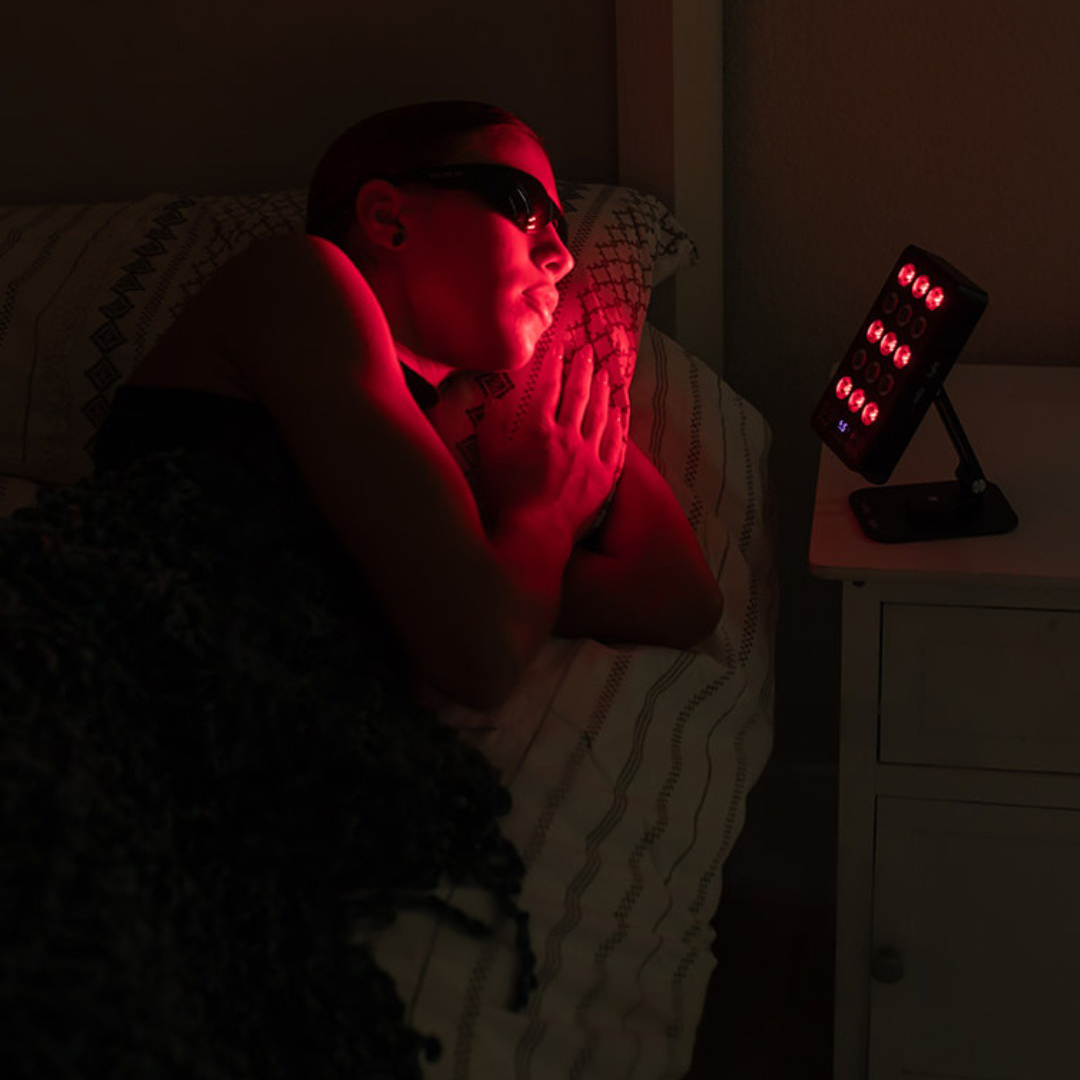![]() Free Shipping
Free Shipping ![]() Buy Now, Pay Later
Buy Now, Pay Later ![]() Eligible
Eligible
Can Red Light Therapy Boost Recovery for UFC Fighters?
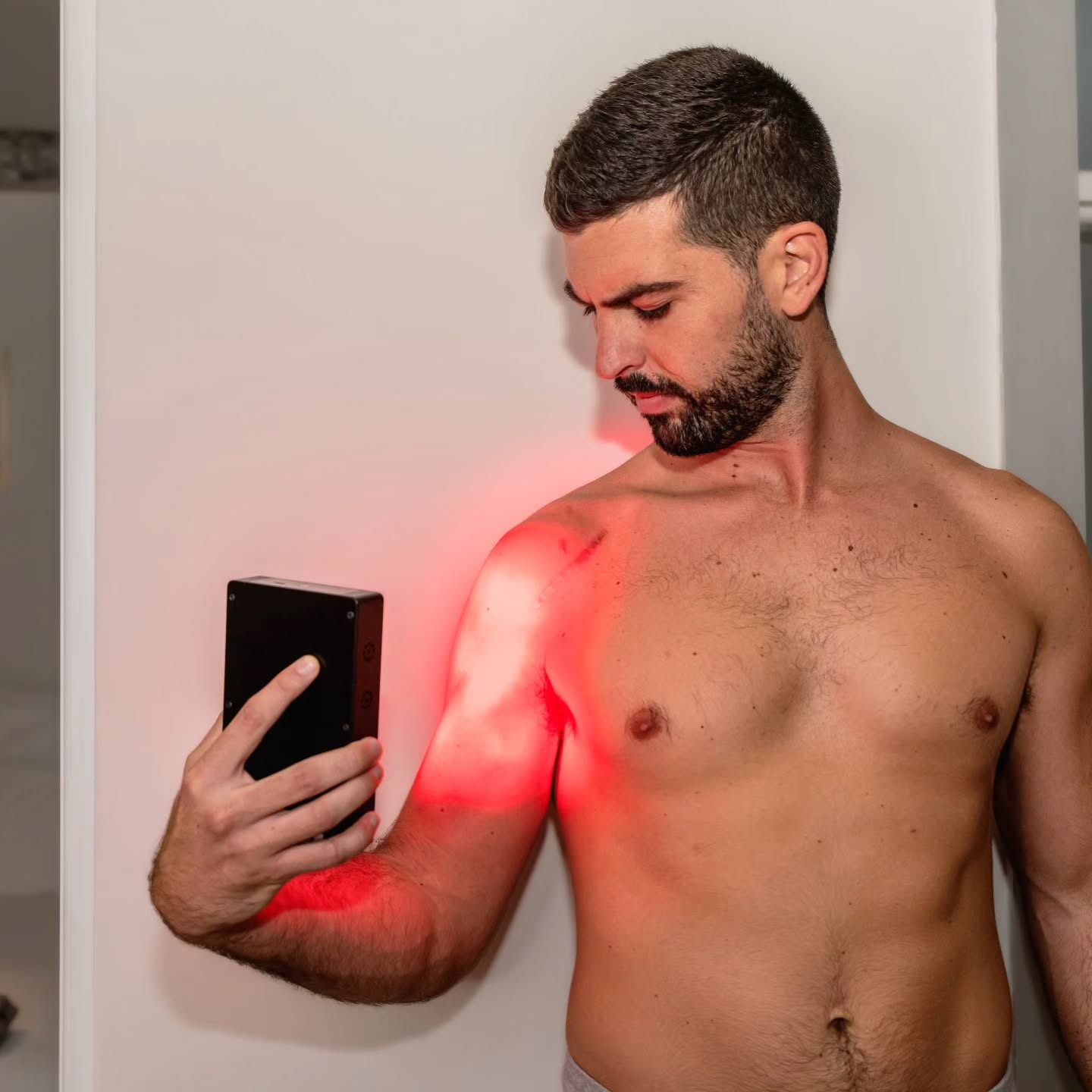
The world of mixed martial arts (MMA) is one of the most physically demanding sports on the planet. UFC fighters endure grueling training camps, brutal weight cuts, and high-impact fights that leave their bodies battered and in desperate need of recovery. Traditional recovery methods—such as ice baths, massage, and compression therapy—have long been staples in an athlete’s regimen. But in recent years, a cutting-edge treatment has been gaining traction: red light therapy (RLT).
Could this non-invasive, science-backed technology be the secret weapon that helps fighters recover faster, reduce inflammation, and even enhance performance? Let’s dive into the science, the benefits, and whether UFC fighters are already using it to gain an edge.
What Is Red Light Therapy?
Red light therapy, also known as low-level laser therapy (LLLT) or photobiomodulation (PBM), involves exposing the body to low-wavelength red and near-infrared light. Unlike UV rays, which can damage the skin, red light penetrates deep into tissues without causing harm.
How Does It Work?
When red and near-infrared light is absorbed by cells, it stimulates mitochondria—the powerhouses of the cell—to produce more adenosine triphosphate (ATP), the energy currency of the body. This boost in cellular energy can:
- Accelerate tissue repair
- Reduce inflammation
- Enhance muscle recovery
- Improve circulation
- Decrease pain and soreness
Given these benefits, it’s no surprise that athletes, including UFC fighters, are turning to RLT to speed up recovery and maintain peak performance.
The Science Behind RLT and Athletic Recovery
Several studies support the use of red light therapy for sports recovery:
- Muscle Recovery & Performance
- A 2016 study published in the Journal of Athletic Enhancement found that athletes who used red light therapy before workouts experienced less muscle fatigue and faster recovery compared to a control group.
- Another study in Frontiers in Physiology (2018) showed that RLT helped reduce delayed-onset muscle soreness (DOMS) after intense exercise.
- Inflammation & Pain Reduction
- Research in the European Journal of Physical and Rehabilitation Medicine (2015) demonstrated that red light therapy significantly reduced inflammation in injured muscles.
- UFC fighters dealing with joint pain (common in grappling-heavy fighters) may benefit from RLT’s ability to promote collagen production, aiding in tendon and ligament repair.
- Wound Healing & Skin Repair
- Fighters often suffer cuts and bruises. Studies indicate that RLT can speed up wound healing by increasing fibroblast activity (cells responsible for collagen synthesis).
Given these findings, it’s clear why RLT is becoming a go-to recovery tool for elite athletes.
Are UFC Fighters Using Red Light Therapy?
While not every fighter publicly discusses their recovery protocols, several high-profile UFC athletes and performance centers have incorporated RLT into their routines:
- Tony Ferguson – Known for his unconventional training methods, Ferguson has been spotted using red light therapy panels to aid recovery.
- Joe Rogan – The UFC commentator and podcast host is a vocal advocate of RLT, using devices like the Joovv to enhance muscle recovery.
- UFC Performance Institute – The UFC’s state-of-the-art training facility in Las Vegas reportedly utilizes advanced recovery technologies, which likely include red light therapy.
Even if not all fighters are using it yet, the trend is growing as more research validates its benefits.
VELLGUS Elite V2
THE #1 RATED RED LIGHT DEVICE
VELLGUS pro V2
THE #1 RATED FULL BODY RED LIGHT DEVICE
Potential Benefits for UFC Fighters
For a UFC fighter, recovery is just as crucial as training. Here’s how RLT could give them an edge:
1. Faster Recovery Between Fights & Training Sessions
Fighters train multiple times a day—striking, grappling, conditioning—leading to extreme muscle fatigue. RLT may help reduce downtime between sessions by speeding up cellular repair.
2. Reduced Inflammation from Injuries
Injuries like sprains, strains, and contusions are common in MMA. RLT’s anti-inflammatory effects could help fighters heal faster and stay in the game.
3. Improved Sleep & Circadian Rhythm
Quality sleep is essential for recovery. Near-infrared light has been shown to regulate melatonin production, helping fighters sleep deeper and wake up more refreshed.
4. Enhanced Skin Healing (For Cuts & Bruises)
Since cuts can lead to fight stoppages, faster skin repair could be a game-changer for fighters prone to facial damage.
5. Mental Clarity & Reduced Stress
Some studies suggest RLT may improve brain function and reduce oxidative stress, which could help fighters stay sharp during high-pressure fights.
How Fighters Can Incorporate Red Light Therapy
RLT can be used in several ways:
- Full-Body Panels – Many athletes use large LED panels (like Joovv or Rouge) for full-body treatment.
- Portable Devices – Handheld RLT devices can target specific injuries (e.g., sore knees or shoulders).
- Pre- or Post-Workout – Some fighters use RLT before training to boost performance or after to speed recovery.
A typical session lasts 10-20 minutes, and consistent use (3-5 times per week) seems to yield the best results.
The Verdict: Should UFC Fighters Use RLT?
While more research is always welcome, the existing evidence suggests that red light therapy is a powerful recovery tool for combat athletes. Given the extreme physical demands of the UFC, any legal, non-invasive method that speeds up healing and reduces pain is worth considering.
As more fighters and sports scientists embrace RLT, we may soon see it become as standard as ice baths and cryotherapy in MMA recovery protocols.
Final Thought:
In a sport where every second of recovery counts, red light therapy could be the difference between stepping into the Octagon at 100% or fighting at a disadvantage. For UFC fighters looking to optimize performance, RLT might just be the next big breakthrough.
Would you try red light therapy if it meant faster recovery and less pain? Let us know in the comments!


